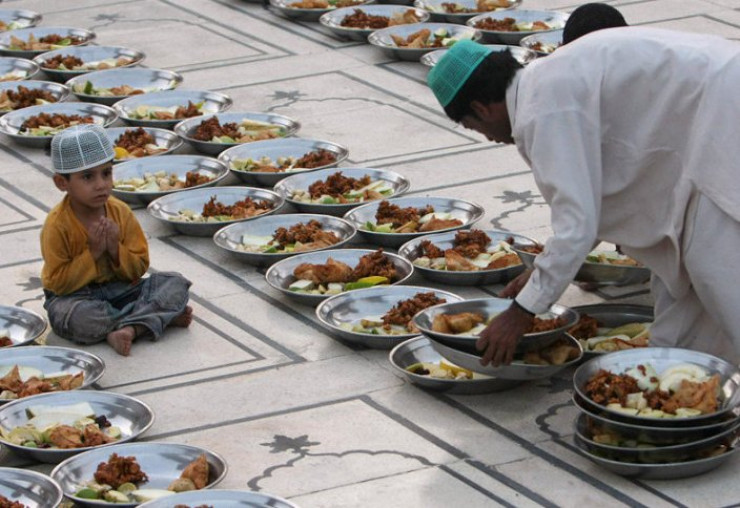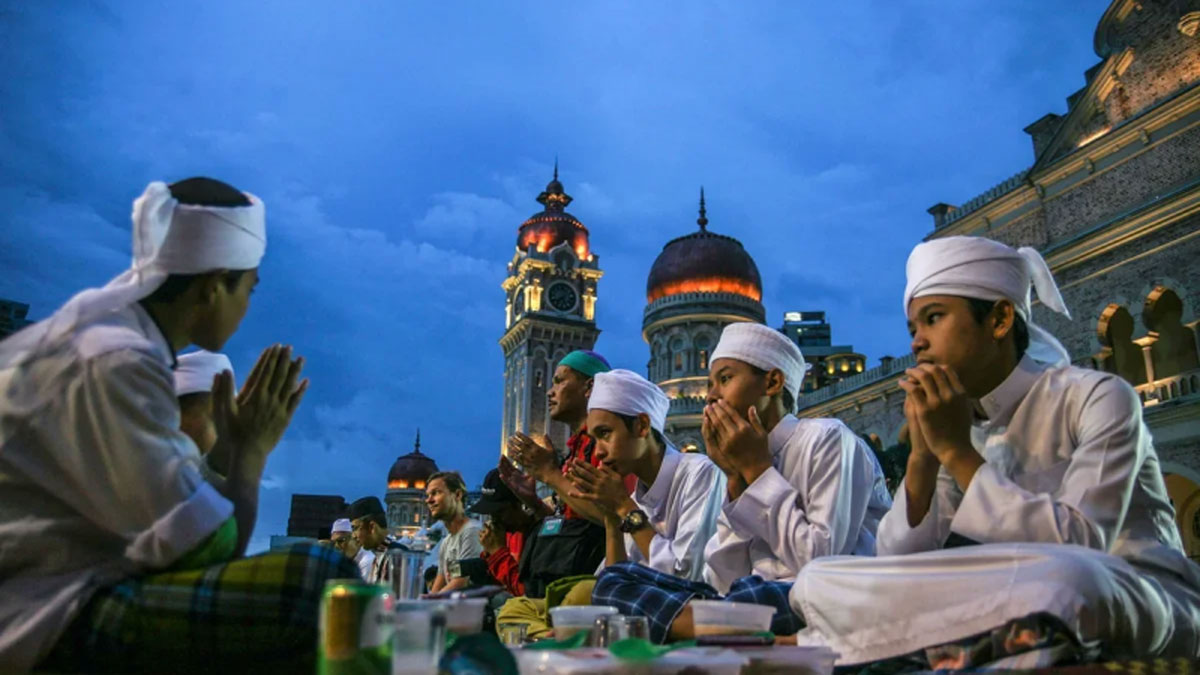In recent years, interest in traveling to Muslim countries has grown significantly. DIP told what tourists need to be prepared for when traveling to Muslim countries during Ramadan.
Many Muslims are living in the countries of the Middle East and North Africa. And this means that most restaurants and other places of public catering will be closed during the day or change their opening hours, shifting it to a time close to sunset. Alcohol in the cities of these countries will also be more difficult to find, although most often in same Egypt, tourists at the moment are less affected.
During Ramadan, some tourist sites change their opening hours. Museums are often open from morning to afternoon and a few more hours at sunset. Firstly, it is not so easy to work all day without holding a poppy dew in your mouth (the fast is very strict). In this case, some activities may be canceled, reduced in time, or offered only in the morning hours. Secondly, as the sun sets, many Muslims seek to reunite with their families for the first meal and prayers.
Countries like India and Malaysia have large Muslim populations, but many people also practice Hinduism, Buddhism, and Christianity, or stay away from religion altogether. It will be much easier to find food and alcohol here at any time, and tourist attractions will likely operate on regular schedules.
Turkey and Indonesia are also predominantly Muslim countries, but none are as strict as the Arab states during Ramadan (Morocco and Qatar, for example). In major Turkish cities, you will see a business running as usual and food and alcohol will be as easy to find as chewing gum. The exception is very small, non-tourist cities.
In Indonesia, some restaurants may be closed during the day. The exception is large network establishments. Since the majority of the population in Bali is Hindu, Ramadan practically does not affect this resort.
Continuing the theme of food, it should be noted that during Ramadan there is an unspoken rule according to which it is not recommended to eat on the street or in a public place. Consider this when you decide to unwrap a chocolate bar on a tour with a fasting Muslim guide. No one expects you to join a fast, but showing respect to those who fast are priceless.
Some cafes and restaurants that are open during the daytime close their windows with thick curtains so as not to tempt those who are fasting. Hotels catering to tourists usually do not interrupt the supply of food, even if the staff is fasting.
Don’t be surprised if you see volunteers handing out water and light snacks (such as dates) outside at sunset. To prepare for the long day of fasting, many Muslims rise early for suhoor, the pre-dawn meal that can be as early as 3 am. After that, they do not eat or drink anything, not even water, until sunset.
Iftar is the evening meal during Ramadan. In some countries (for example, Egypt) large communal dinners are held right on the street. Moreover, anyone can join, as iftar often has a charitable background.

While Muslims enjoy their dinner, many shops will be closed – this is another point that a tourist needs to be aware of. By the way, during iftar, you will have a rare opportunity to walk around the previously very crowded, but deserted places at that time.
At the beginning of prayer, for example, in Dubai, Muslims are announced with a shot from a cannon. This has been a tradition here since about the 1960s. In 2023, tourists have the opportunity to see this ritual while at Expo City Dubai.
A few more travel tips:
- During Ramadan, tourists are expected to be more selective in terms of clothing. Usually, in the same Dubai, foreigners in shorts and dresses are normally treated, but you will see a different attitude if you still try to cover your shoulders and knees.
- Refrain from public displays of affection – kissing and fanatical hand-holding between adults (this does not apply to children).
- An hour or so before sunset and iftar, be aware that traffic jams and nervous drivers can be on the road.
- Ramadan is a time of peace and silence, so try to avoid shouting and showing anger in public, especially with rude words or gestures.
- Be aware that mosques that are open for most of the year to non-Muslims may adjust or suspend their operations during Holy Month.

